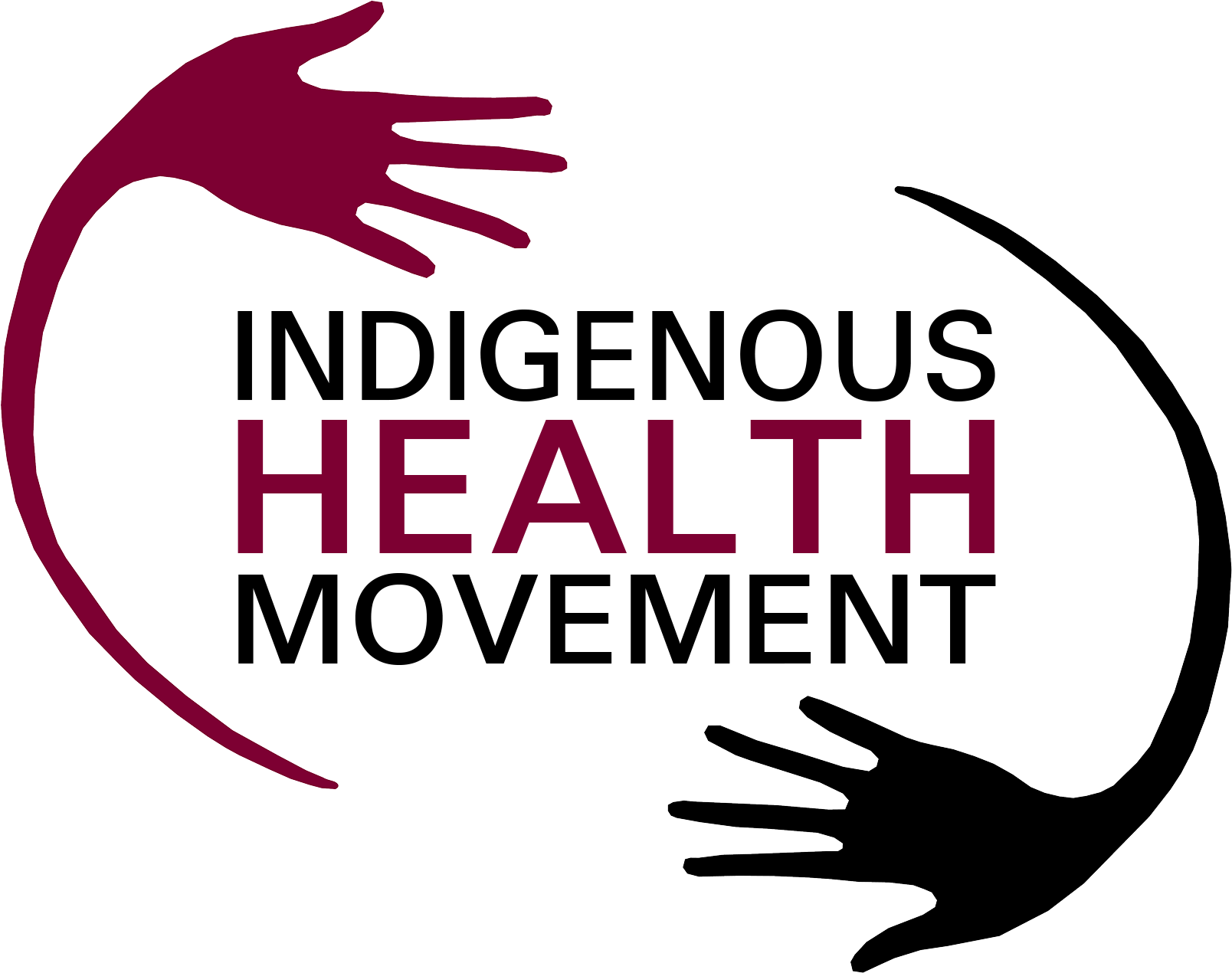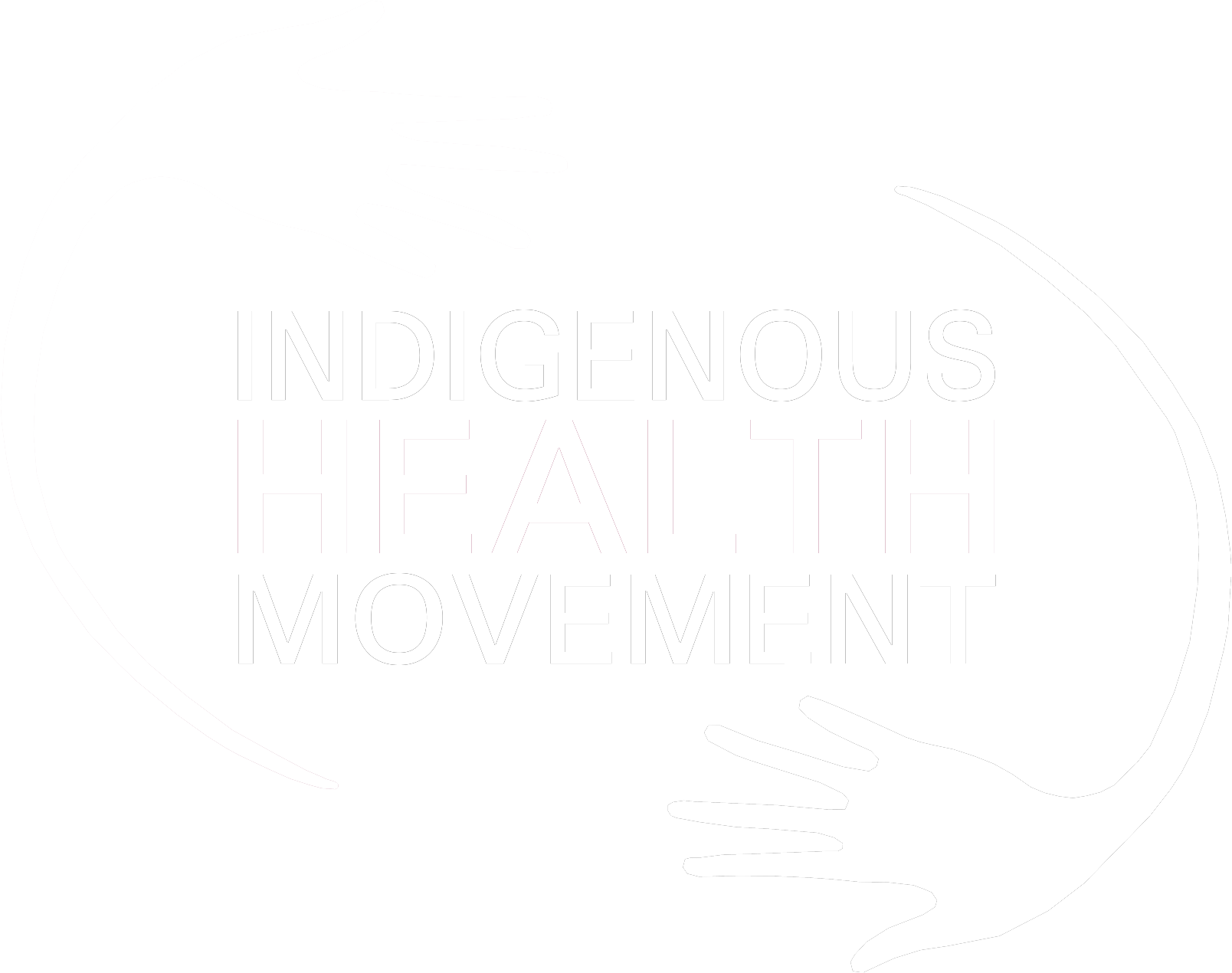Ashley Hyatt
Ashley Hyatt is a doctoral student in Clinical and Counselling Psychology at the Ontario Institute for Studies in Education at the University of Toronto. Her work and position comes from the perspective of a non-Indigenous person, with roots as a settler person living on Indigenous land. She is deeply interested in creating and nurturing respectful relationships with the Indigenous community, both as an aspiring counsellor and researcher. Ashley has been active in community-based Indigenous research and programming since beginning her undergraduate degree at University of Waterloo. Her area of research pertains to life transitions for Indigenous peoples, especially in the areas of education, employment, cultural identity, and social concerns. Ashley is committed to working from a position that engages in decolonizing and healing for members of the Indigenous community. She actively engages with the urban Indigenous community in Toronto by attending cultural and social events, and by participating in Indigenous councils and committees.

